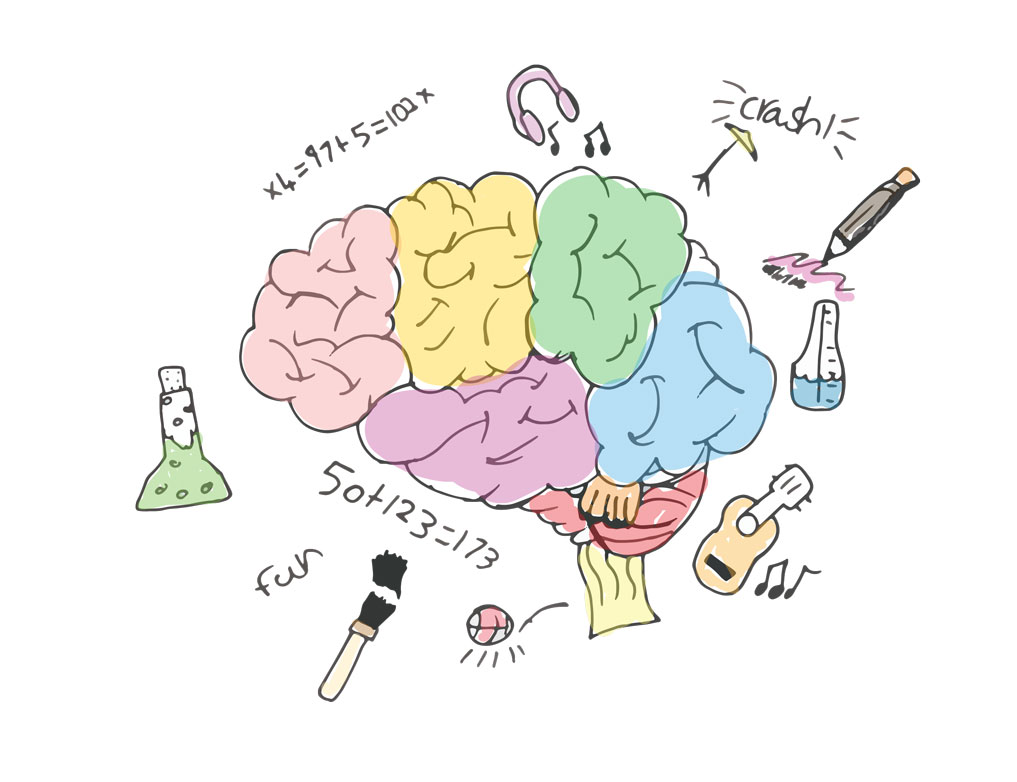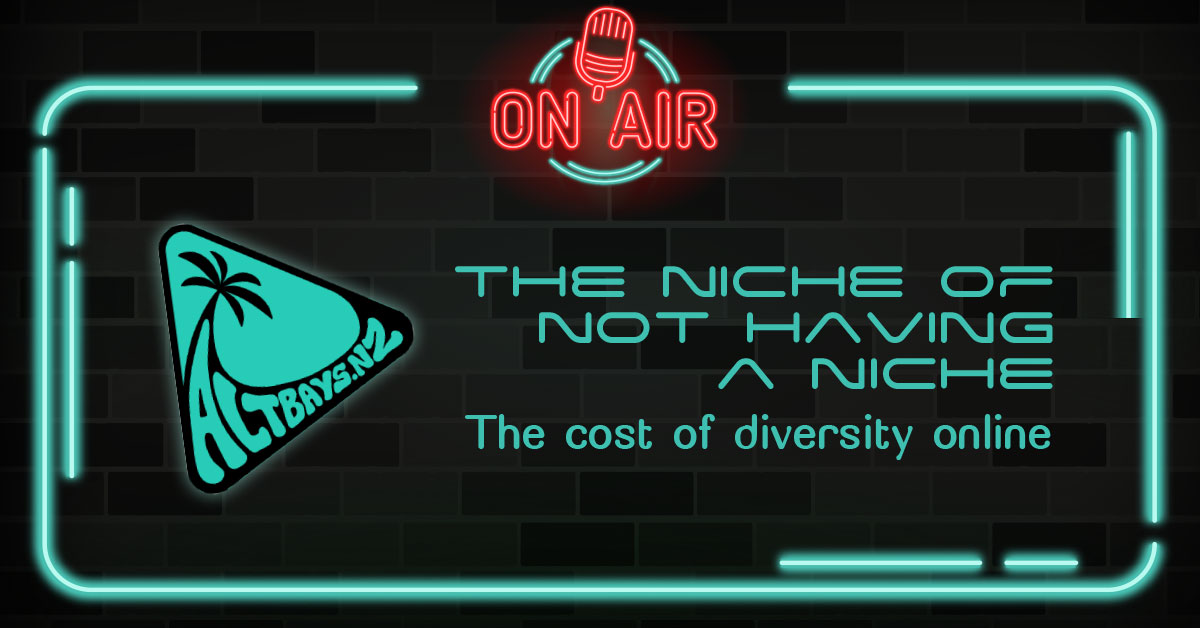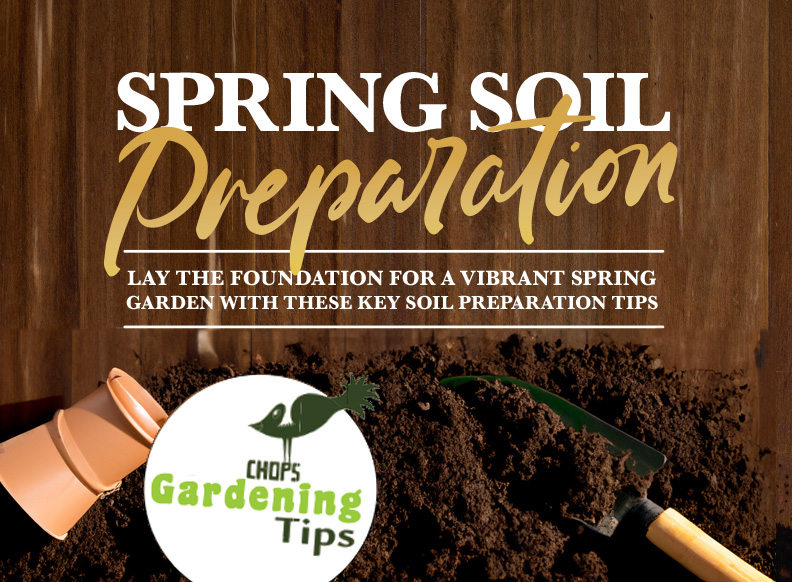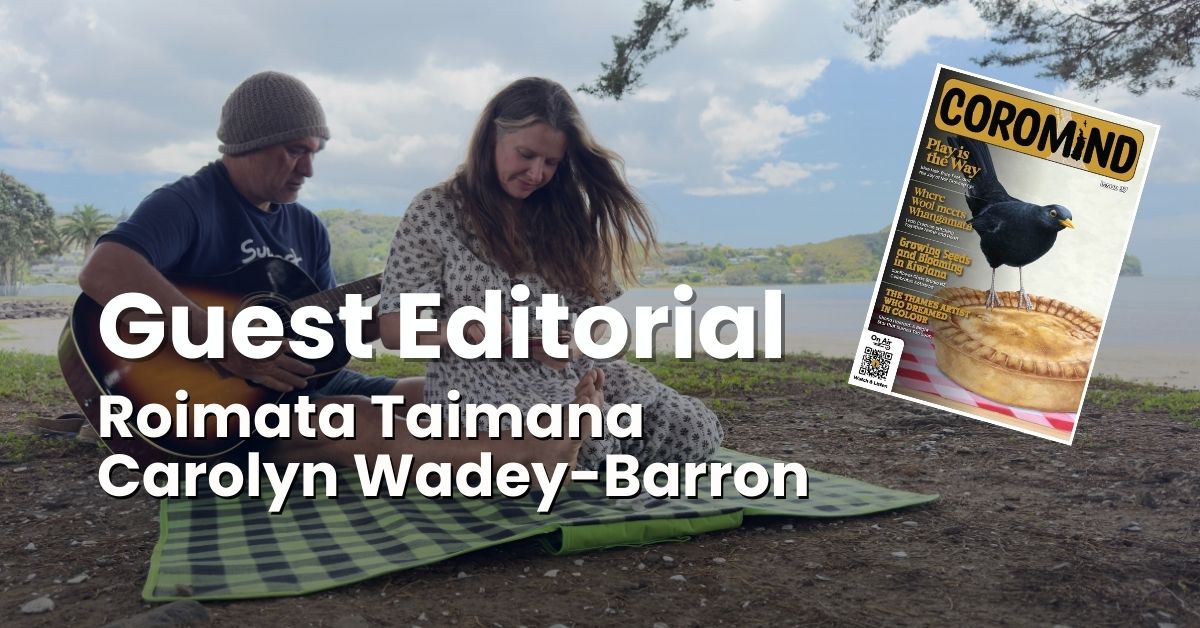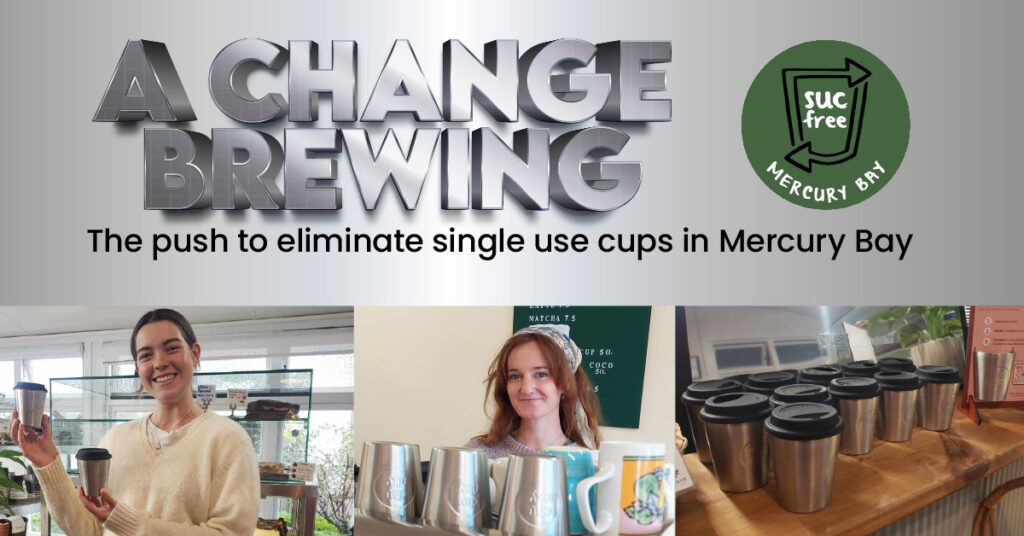
The push to eliminate single use cups in Mercury Bay
Remember the days in Aotearoa when a coffee purchased away from home involved a ceramic cup, a saucer, a tablecloth and possibly a custard square on the side?
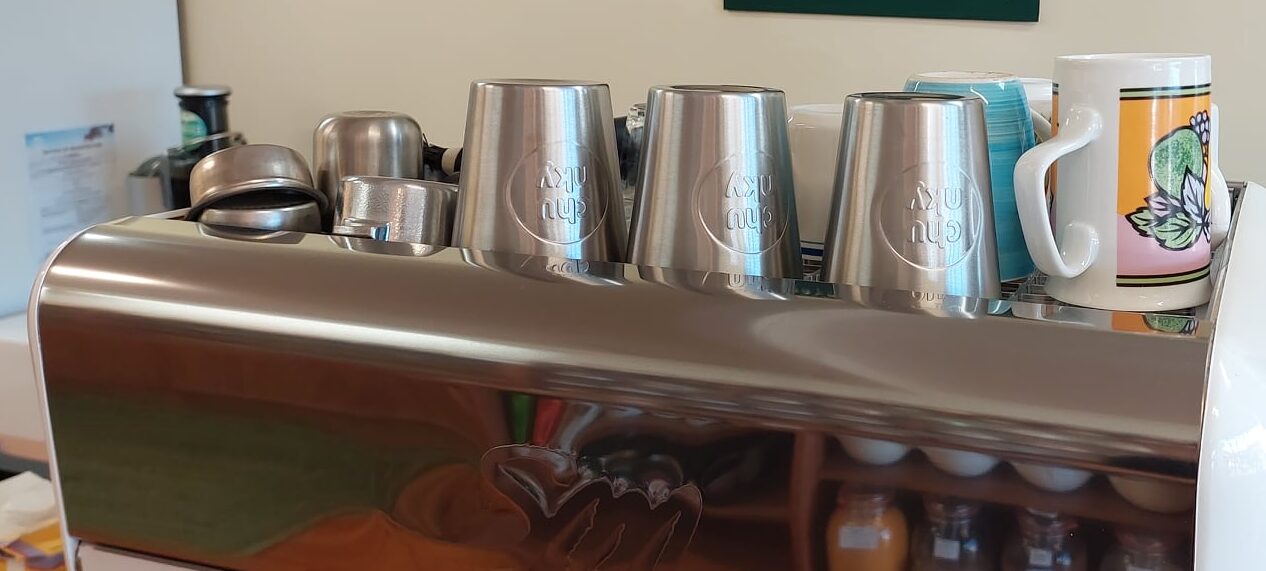
When we enjoyed the whole ambience of a quaint coffee lounge, a friendly chat, the delicious smells and the people who seated us, served us and cleaned our dishes in a sink of hot water. (Well, if you are Gen Z or younger you may not remember – but I promise it was a thing).
Then along came the espresso machine and, oddly, the take-out cup followed closely behind.
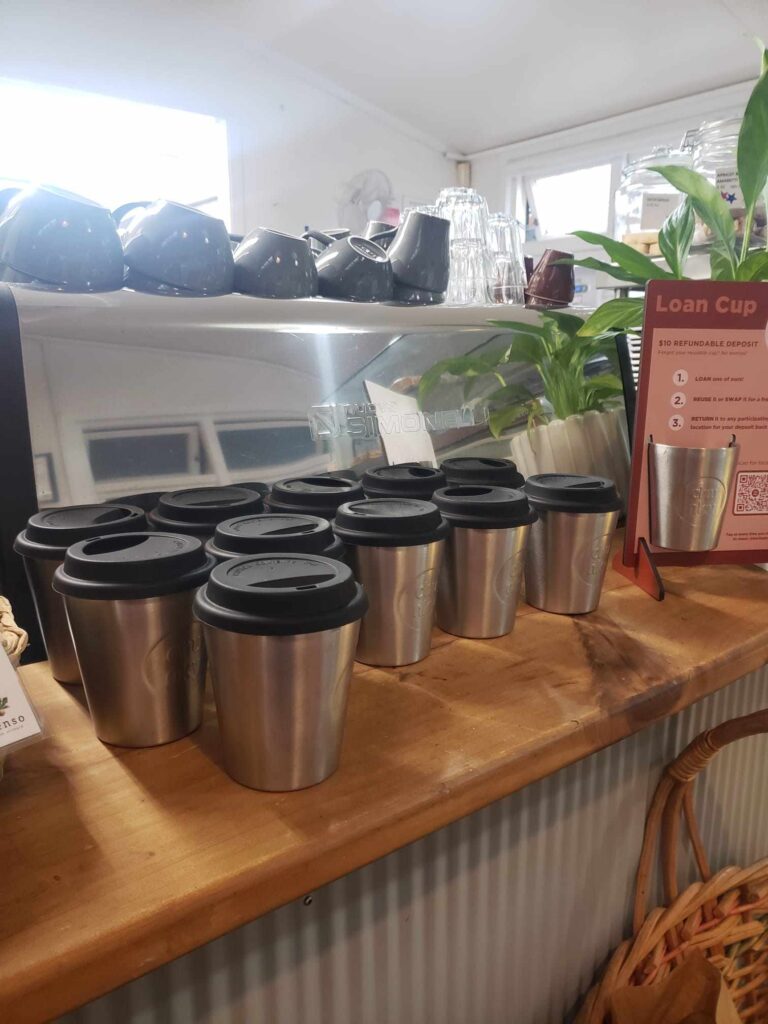
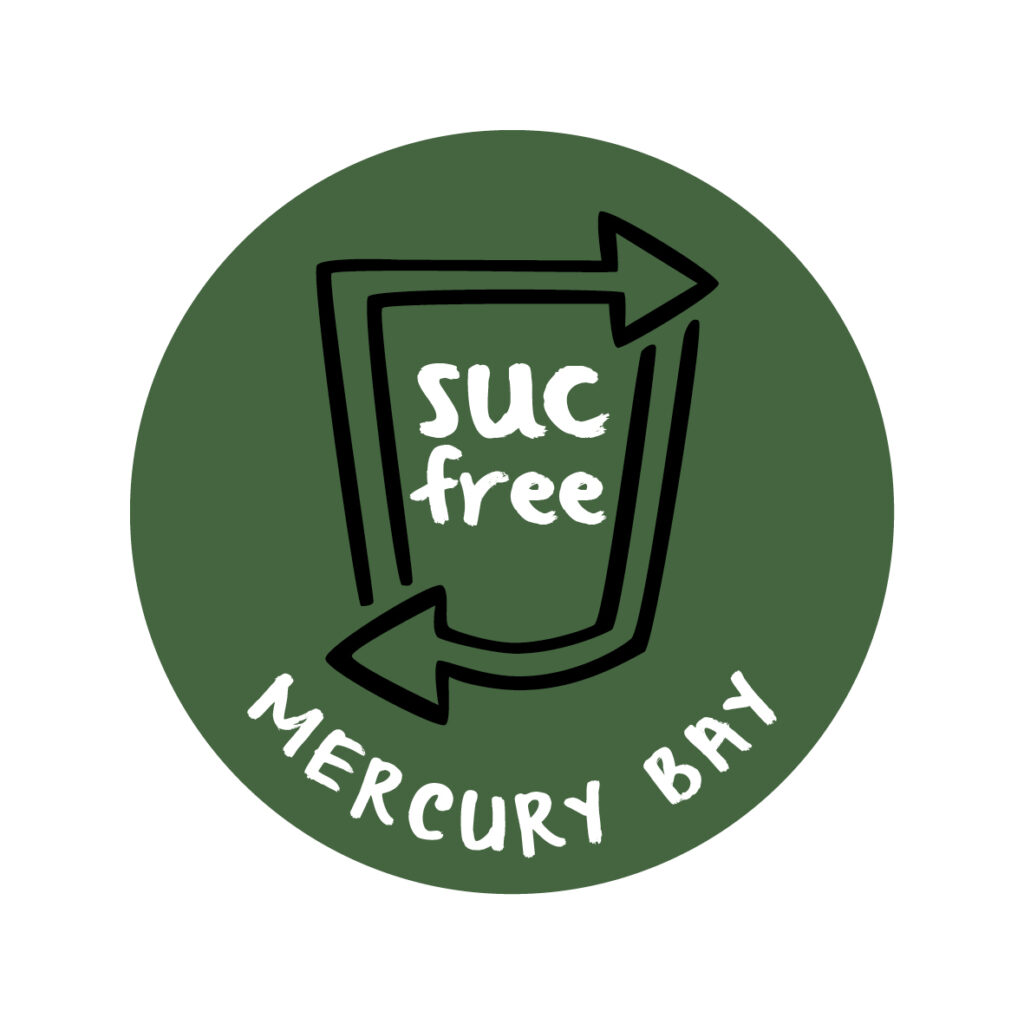
Suddenly coffee was essential to modern existence – and the fashionable way to consume it was on the move!
Thanks to this fad, New Zealanders currently send more than 295 million single-use cups to landfill each year.
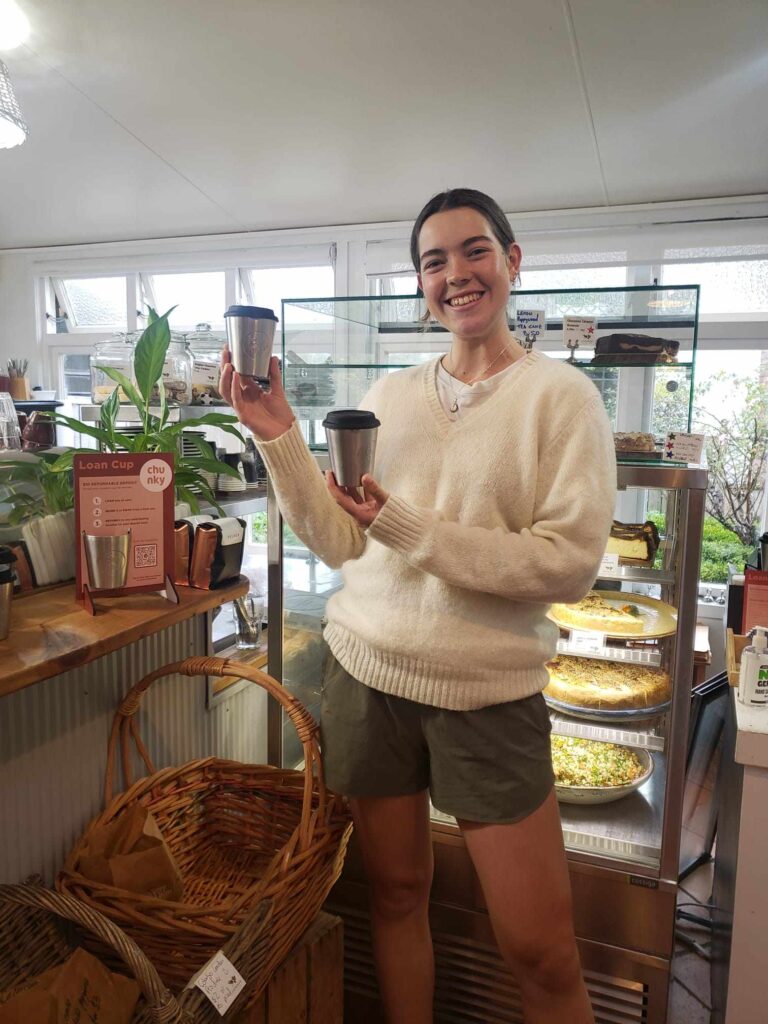
In Mercury Bay alone, around 250,000 cups each year, disguised as something that looks either recyclable or compostable, are handed over to caffeine consumers, enough to stretch from Whitianga to Tairua if stacked end to end.
Now, thanks to the team behind SUC Free Mercury Bay, driven by Wāhi Tukurua (the local resource recovery centre), our guilty pleasure is on track to becoming guilt free – right here in Te-Whanganui-a-Hei – with Colenso Cafe and Nook. Grocer + Refills being amongst the first to jump on board.
The move is aligned with work already done in Aotea/Great Barrier Island which has eliminated the single-use cup from its community and Wānaka which is well into the phase out process.
Customers in these regions can now choose to bring their own cup, borrow from a cup library or pay $10 for a stainless-steel cup which can be returned to any participating outlet for a refund. Or … they can also sit at a table, relax and enjoy their cuppa in comfort.
SUC Free spokesperson Tiffany Reed says a large part of the problem has been the confusion over a single-use cup’s life cycle.
“People think they are made of cardboard so will either break down or be recycled. The fact is they are lined with plastic – that’s why your coffee doesn’t leak out! Even the ones that claim to be compostable usually need a commercial grade composter which most areas in NZ don’t have. Besides most take-away cups end up in council rubbish bins amongst all the general waste. From there it’s straight to the landfill.”
Colenso Cafe owners Dean and Leah Jackson had been working to make positive change for some time before speaking with the SUC Free team. Dean says they were already composting all the used paper towels and napkins which then went back into their gardens. He said single-use cups were not in line with their values, so needed to go.
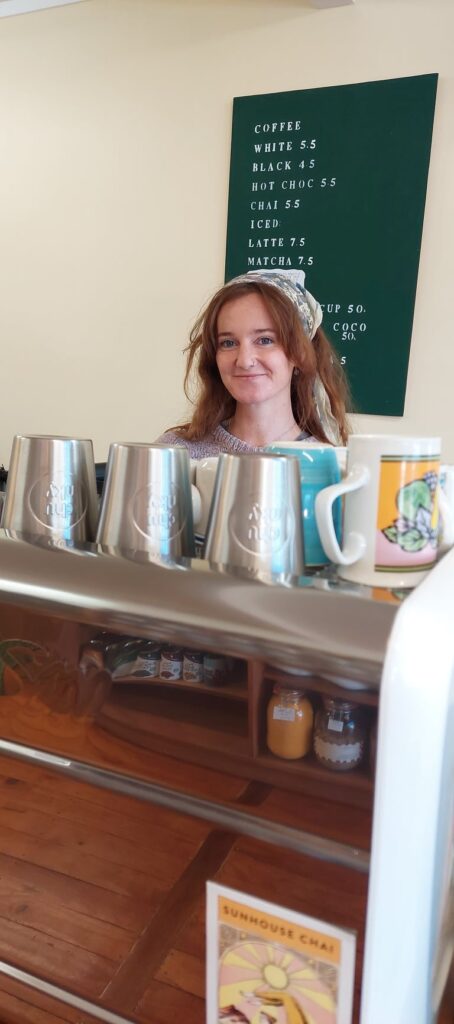
“We are surprised how many people aren’t aware of the waste they generate and the impact this has,” says Dean. “I guess this stems from the convenience, fast-fast, need-it-now culture where so many people are too busy looking down, or at their screens!”
Georgia Gilsenan-Fitzgerald, owner of Whitianga’s Nook- Grocer + Refills, says she originally had a boomerang system using regular mugs, and she also sold ‘keep-cups’, but still had to keep single-use cups for some customers.
“The premise of my business is environmentally focused, trying to get away from packaging,” says Georgia, who offers package-free groceries which people can purchase in their own containers.
“I think a lot of my regulars were environmentally conscious, but it was surprising how few people do use the keep-cups.”
Nook. Grocer + Refills, like Colenso Cafe, is now using the Chunky Cup system – customers pay $10 for the cup which is refundable – but Georgia says most people either keep reusing the same cup or swap it for a clean one the next time they purchase.
Wāhi Tukurua have been meeting with business owners one-on-one to explain the phase out plan, but they need help. The group received some funding from the Seagull Centre in Thames which they were able to spend on promotion, but have not yet secured funding to employ a full-time ambassador to work with business owners.
‘So now we are looking for an army of volunteer ambassadors who can adopt a café and support them through change,” says Tiffany.
Tiffany, Dean and Georgia all believe if other communities can phase out the throw-away cups, then our community can do the same.
Words by Sharyn Morcom



